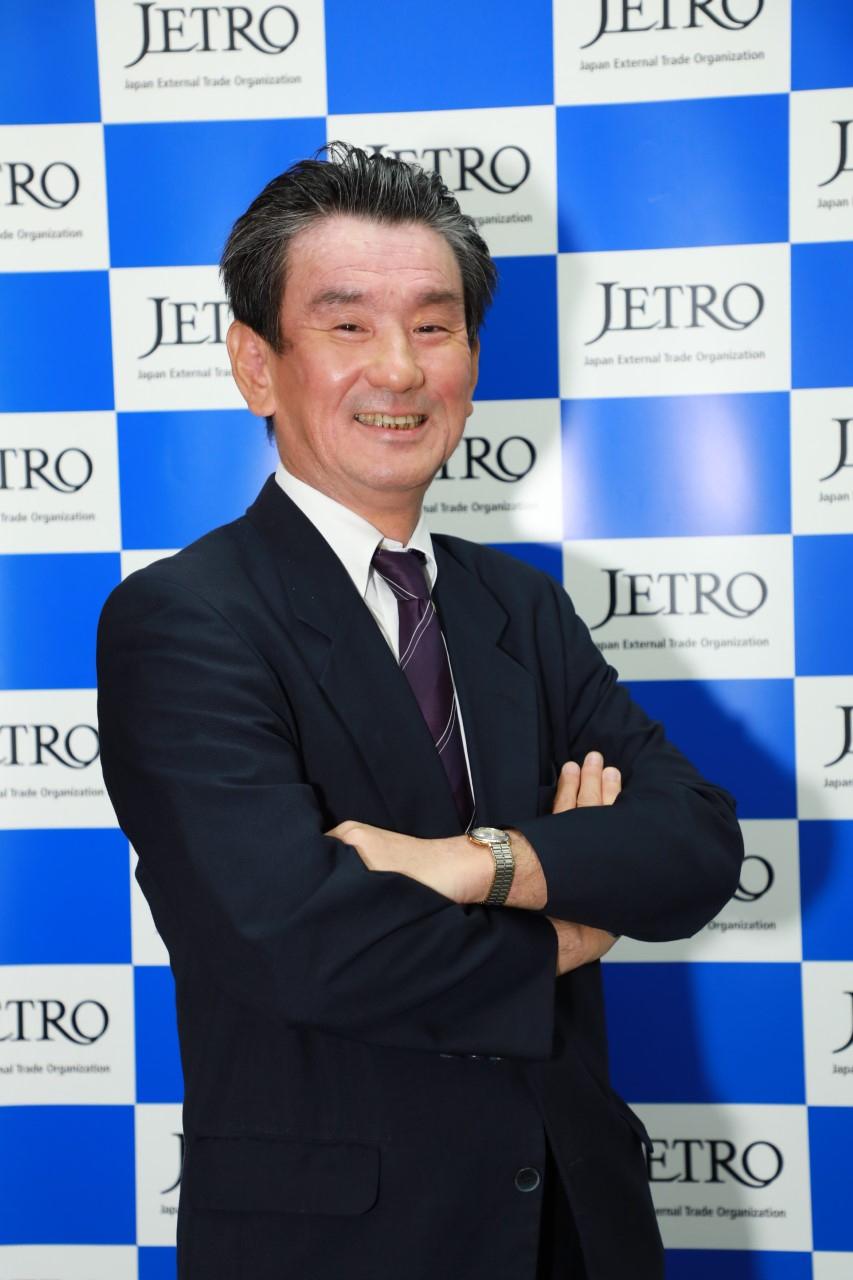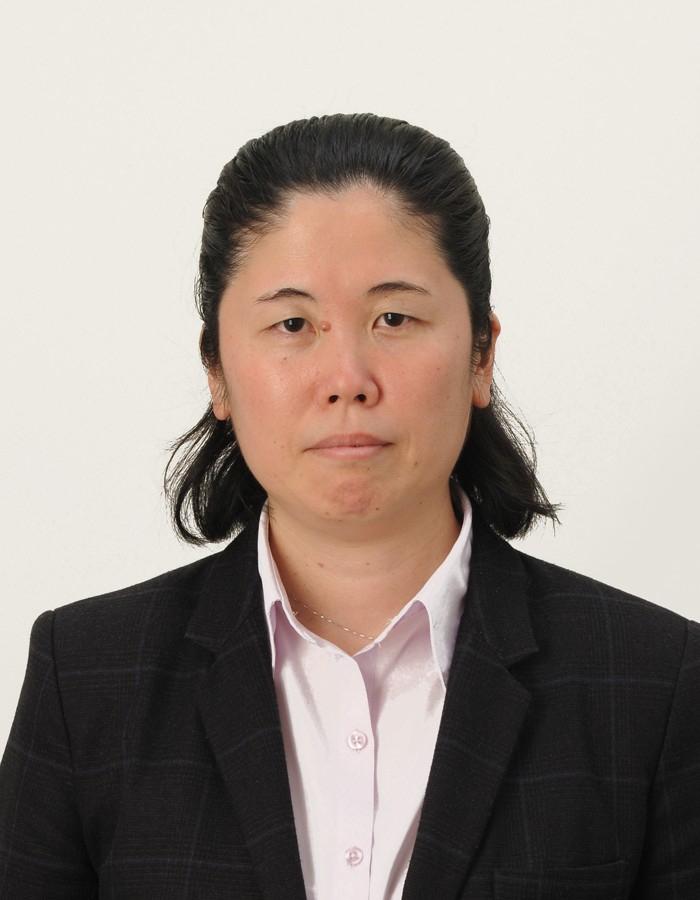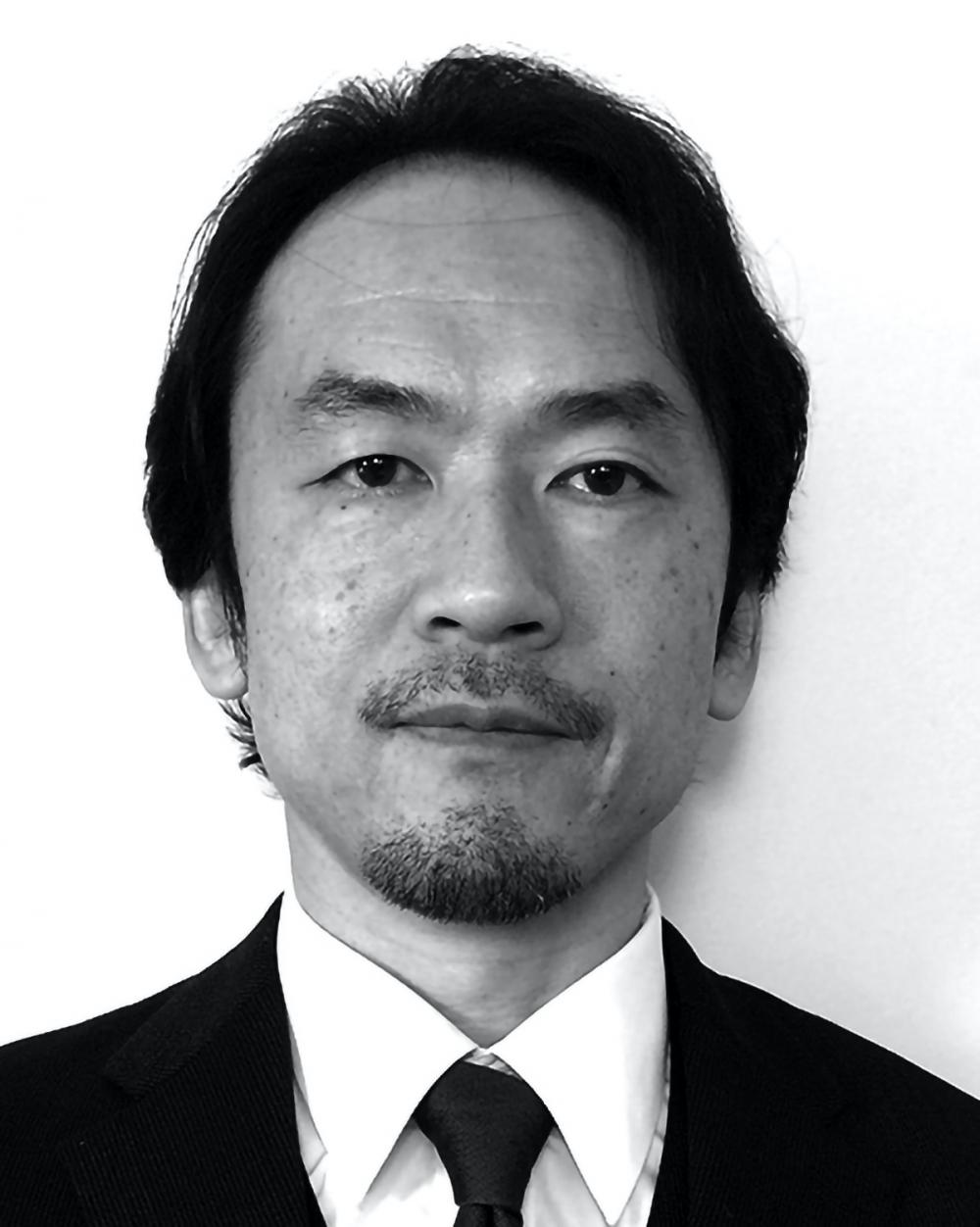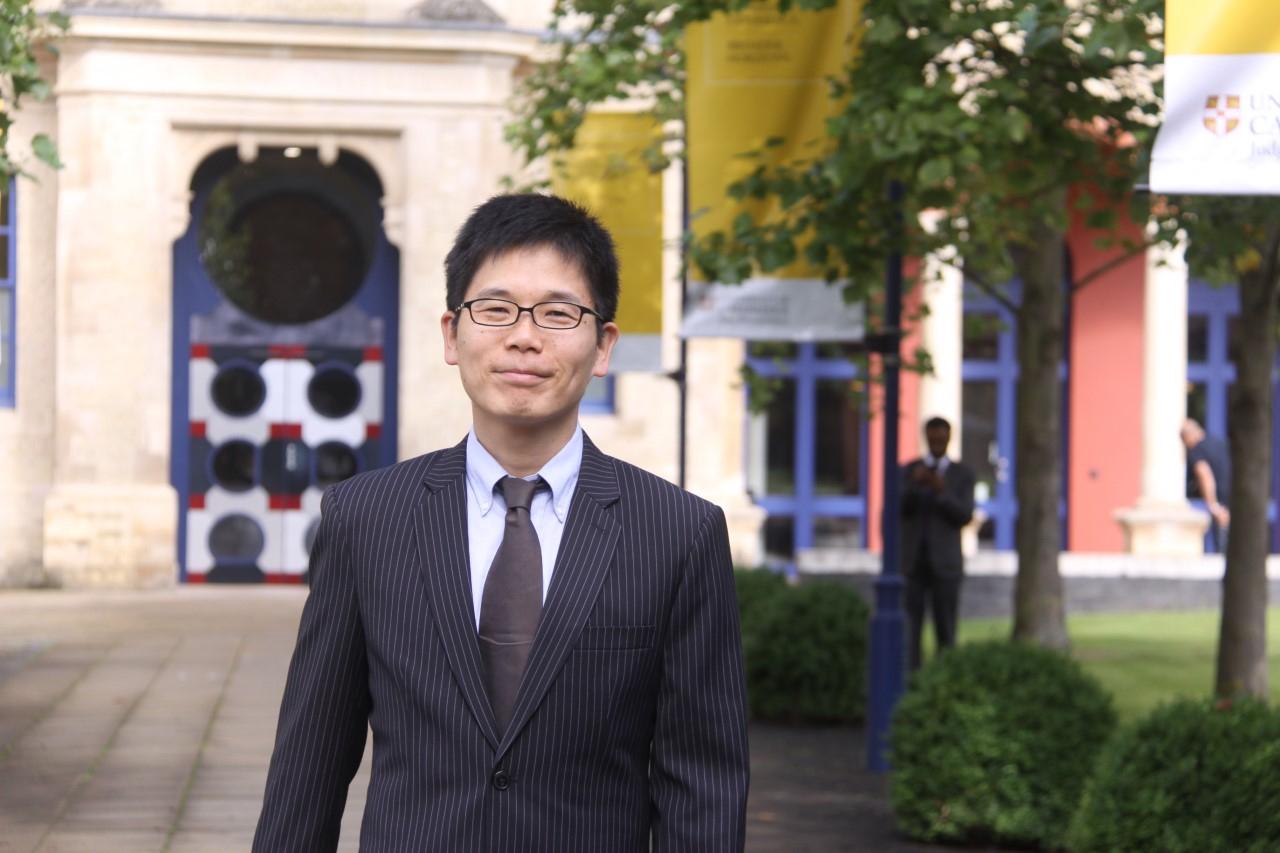
Hampered by cautious investors and a rigid corporate culture, Japan has produced just a handful of major startups. The world's third largest economy is far behind the US and China when it comes to breeding "unicorns" -- new companies valued at more than US$1 billion.
A lack of private capital for expansion, industry players say, can also force Japanese startups to go public much sooner than their counterparts elsewhere. That could explain why Japan's venture-capital market, worth around $4 billion last year, is dwarfed by that of the US ($137 billion) and China ($52 billion), according to several studies.
Even Japan's own SoftBank Group, which has invested heavily in tech firms, tends to fund overseas prospects, including Grab and Alibaba, and has barely touched smaller homegrown companies.
Experts also point to cultural factors, saying Japan's education system is still designed to produce candidates for stable jobs at big companies. But there are signs that could be changing as government support for startups is improving, with officials seeking advice from experienced investors.
The reform agenda of new Prime Minister Yoshihide Suga is also driving Japanese businesses and government departments to digitise further, which could provide new opportunities for homegrown tech entrepreneurs.

The Japanese agri-tech startup Tierraponica cultivates high-quality hydroponic crops using organic matter from food processors. Supplied/Tierraponica
But with the domestic economy stagnant and the population shrinking, some Japanese startups are looking abroad for growth. Among them is Tierraponica Inc, an agri-tech business established in 2018. Part of Chitose Group, a group of biotechnology companies, Tierraponica cultivates high-quality hydroponic crops using organic matter from food processors such as fish/meat, and beer yeast. It also advises other companies on how to achieve a circular economy through hydroponic cultivation.
"We are also in discussions with companies in Thailand and Singapore interested in using our organic matter to cultivate hydroponic crops," Tierraponica managing director Gledy Aritomi told Asia Focus by email.
"As a result of Covid-19, there has been a growing need for organic hydroponics, including home gardening, but at the beginning of the pandemic we faced difficulties not being able to meet prospective clients face to face," she added.
"We are now actively conducting online meetings and participating in online exhibitions and plan to visit Thailand once travel restrictions are lifted."
In Japan, Tierraponica sells vegetables to restaurants while Chitose has a farm in Malaysia and sells strawberries, cherry tomatoes and other fresh produce to high-end supermarkets and restaurants in Singapore and Malaysia.
"We see great business potential in Southeast Asia, especially Thailand, with regard to hydroponic cultivation using organic matter that otherwise would be disposed of," said Ms Aritomi.
"Not only are many governments encouraging circular economy-related investments, but many leading corporations are incorporating circular economy strategies into their business models. Furthermore, with the outbreak of Covid-19 there has been a greater interest in increasing local food production."

"Many Japanese entrepreneurs recently have expressed a strong desire to provide solutions for social challenges in foreign countries," says Atsushi Taketani, president of Jetro Bangkok. SUPPLIED
Tierraponica is among five Japanese startups that took part in the Techsauce Global Summit, an international conference held in Bangkok early this month. Other participants included AC Biode Ltd, XPAND K.K., Eaglys Inc and Synspective Inc -- all part of the J-Startup programme of the Japan External Trade Organisation (Jetro).
According to Jetro, over 10,000 startups in Japan are exploring new business frontiers and a few will be able to expand on a global level. J-Startup aims to create winning contenders in the global market and empower Japan's startup ecosystem.
"The Japanese government and government-related organisations such as Jetro are providing incubation facilities, financial assistance, pitching and business matching opportunities to Japanese startups," Jetro Bangkok president Atsushi Taketani told Asia Focus.
Jetro focuses on creating business matching opportunities between Japanese startups and foreign partners, including large companies, distributors, co-developers and venture capitalists, by supporting their participation in events such as the Techsauce event, he added.
According to Mr Taketani, Jetro provided business matchmaking and other support to about 20 Japanese startups from 2018-19 in Thailand. At least three are developing their businesses in this country.
"Many Japanese entrepreneurs recently have expressed a strong desire to provide solutions for social challenges in foreign countries through their new technologies and services. And Jetro is committed to helping them," he said.

Gledy Aritomi, managing director of Tierraponica Inc, sees "great potential" in Southeast Asia for her innovative hydroponic produce company. SUPPLIED
ASEAN ATTRACTION
Mr Taketani acknowledged that previously, many Japanese startups looked to places with a large number of startups such as Silicon Valley in the US. But now they are considering expanding actively in Asian countries including Thailand.
Southeast Asia, he says, has a lot of appeal including rapid economic growth, diversity of countries at different economic stages, and geographical proximity to huge markets such as China and India.
"Thailand, in particular, has a high concentration of Japanese businesses and well-developed infrastructure," he said. "In addition, the kingdom is already one of the largest digital markets in Southeast Asia and has potential to further expand in the future. Therefore, we regard the business environment in Thailand is particularly attractive to Japanese startups."
Hanno Stegmann, partner and director of BCG Digital Ventures, said Asean has become one of the world's most vibrant startup ecosystems -- topped only by the US and China.
"The importance of Asean as a new startup hub becomes especially evident when looking at the investment flows of venture capital being injected into early-stage companies across Southeast Asia," he told Asia Focus. Last year, there was roughly $15 billion in total venture capital funding across Southeast Asia. Annually, there are about 1,000 Series A investments in the region.
Driven by the strong inflow of capital, solid underlying economics, growing populations and advances in infrastructure development, a lot of startups in Asean have done very well over the past few years. In fact, on average they have performed better than the benchmark, as typical VC economics see 70% of ventures failing, noted Mr Stegmann.
"On the other hand, the Covid-19 crisis has revealed that some of these successes have been built on thin ice and unit economics of some startups were not robust enough," he said. "Looking at this, I am expecting some corrections in this space, which will once again create new opportunities for developing fresh propositions or consolidating through mergers and acquisitions."

Hanno Stegmann, partner and director of BCG Digital Ventures SUPPLIED
Singapore has established itself as the region's investment hub where most VCs and major regional players such as Grab, Lazada, Sea Group and Razer are all headquartered.
"Singapore is a special place in the venture ecosystem due to its unique position as a regional and financial hub," said Mr Stegmann. "This has allowed it to attract funds and talent, and has made the country very attractive as regional hub. The nation's reliable legal system has also made Singapore an ideal location for startups to set up their (holding) entities."
Even if companies run most of their operations in other markets, choosing Singapore as the hub still makes a lot of sense as it offers advantages such as access to international VC investment, talent, and connectivity to different countries with its strong infrastructure.
Another pull factor for the region is that a lot of the operational activities and investments focus on large consumer markets, said Mr Stegmann. "In this respect, Indonesia is leading as the current centre of attention for a lot of VCs due to the nation's large population, traction from some of the local ventures, and we're probably also seeing some herd behaviour from investors following in the footsteps of early successes."
XPAND K.K., a Japanese company that has developed a new type of barcode that is more versatile than the QR code, especially for public signage, says it is very attracted to the growth potential of Southeast Asia.
Since last year, the company has been selected by the Japanese government and others to participate in exhibitions in Europe, the Middle East, North America and Asia, said Nanmoku Towuru, founder and chief experience officer (CXO).
"In Asia, we have exhibited (the service) in China and Indonesia," he told Asia Focus. "We have high expectations for Asean. In addition to Thailand, we are planning to exhibit in the Philippines and Vietnam this year."
Kubo Tadashi, the co-founder and CEO of AC Biode, said his company had received several inquiries in Asean and would like to expand in the region as soon as possible.
Established in Kyoto in 2019, AC Biode also operates in Luxembourg and Cambridge, England. Its chemical catalysts carbonise organic waste mixed with plastic on-site and reduce greenhouse gas emissions by 50%. The technology enables it to recycle coal ash or biomass ash into multi-functional chemical composites with applications including filters, masks, beauty products and neutralisers, he explained.
"Our chemical catalysts are not only economically feasible but also environmentally friendly because the chemical reaction itself does not emit CO2 and dioxin, unlike the current incinerators," Mr Tadashi told Asia Focus. "There are lots of coal-fired power plants and biomass power producers in the region. In addition to the cement applications from coal ash, we believe we can add value to energy companies."

"We have high expectations for Asean," says Nanmoku Towuru, founder and chief experience officer of XPAND K.K. SUPPLIED
POSITIVE SIGNS
There are nearly 500 unicorns worldwide, from the Silicon Valley rental giant Airbnb to ByteDance, TikTok's Beijing-based parent company. But only four of these firms are Japanese, according to the latest list compiled by the US analytics platform CB Insights.
"Relative to its GDP, Japan should have at least 50 to 60 unicorns," said Gen Isayama, head of World Innovation Lab, a California-based company that provides advice and capital to startups, with a focus on Japan.
"In Japan, innovation efforts have always been led by big corporations," he said, with banks "more willing to lend money to these corporates rather than to invest in startup companies".
Japanese startups feel "protected" from outside competition, without the drive to grow and expand. "It takes a lot of guts to break the mould in a society famous for conformity," Mr Isayama pointed out.
Nonetheless, he sees reasons for optimism. "Manufacturing, heavy industry-driven corporations have realised they cannot innovate in the way they used to," said Mr Isayama, and they are in a position to invest in startups that can fill that gap.
Corporate investors are also gradually realising it is better to give startups space to find their wings, rather than try to control them, he added.
Mr Stegmann said government support plays a big role in promoting startups. "Singapore has done a fantastic job of creating incentives for startups and for funds, making it easy to set up new legal entities and get the required approval."
Beyond that, initiatives such as the Economic Development Board (EDB) investing in new ventures, and the various government-related funds and accelerators are proving very effective. "This is then all backed by a very reliable legal system that makes it easy for funds to invest and divest," he pointed out.
"I expect we'll see similar schemes set up across the region. It's just a matter of when.

Kubo Tadashi, co-founder of AC Biode, is seeing growing interest in his company's environment-friendly chemical catalysts. SUPPLIED
"The biggest question for me is how efficient these setups will be if they are not embedded within legal frameworks that are clear and stable, and not done in environments that are politically stable. These risk factors might still outweigh the advantages in investors' minds more than anything else."
On the other hand, there are a few factors that could shift the power balance. Singapore's economy is still relatively small, especially when it comes to consumer-focused businesses, given its population of 5 million versus Indonesia's 270 million.
Southeast Asian startups, says Mr Stegmann, can learn a lot from their Japanese peers about deep tech, innovation and how to scale. Japanese companies, meanwhile, can learn from Asean peers on adapting to different heterogeneous market environments, localising offers and technology with a solid understanding of cultural context, and how to deliver something great in the absence of perfect technological infrastructure.
"Although the Japanese market is highly innovative, with fantastic talent and fantastic intellectual property (IP), it is often seen as a very inward-looking market that faces challenges adapting to other cultures, especially highly heterogeneous cultures in diverse regions like Southeast Asia," he said.
"Matching both worlds could in my view be very exciting if one could bring the best of both worlds out through partnerships. Personally, I would definitively invest in such opportunities when Southeast Asian and Japanese excellence come together."